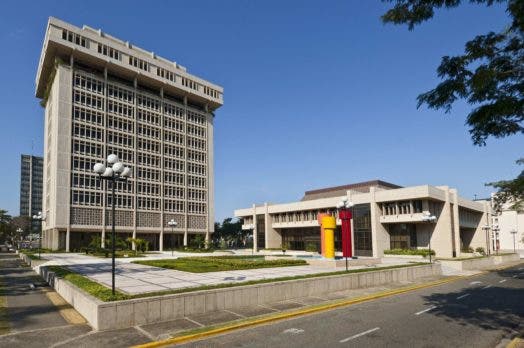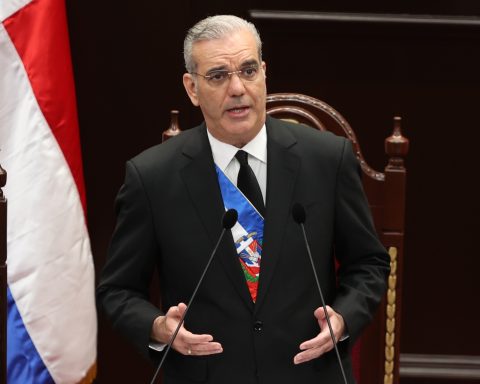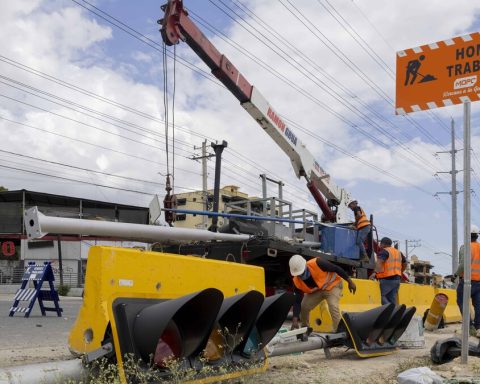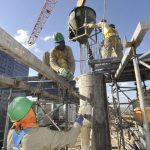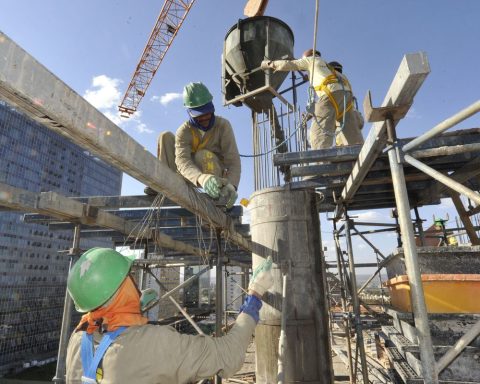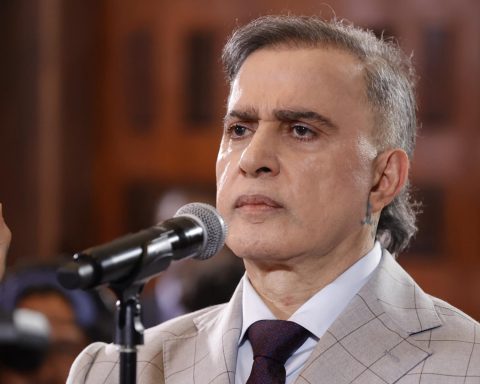It has managed to curb inflation without acting with unbridled aggressiveness that drives the economy into recession, ensuring continued economic growth
He central bank of the Dominican Republic It is among the central banks of Latin America and the Caribbean that has most successfully managed to calibrate monetary policy, in such a way that it has been able to curb inflation without acting with an unbridled aggressiveness that leads the economy into recession, but instead, for the On the contrary, it has maintained economic growth.
The BCRD was one of the first in the region to tighten monetary policy, with increases in interest rates and restrictive measures on liquidity in the economy, but it was also one of the first to stop interest rate increases, when it was evident that inflation was beginning to abate. And he went even further, to ensure that the economy continues to grow, he ordered a release of resources from the reserve requirement to allocate them to finance the construction of low-cost housing, aware of the multiplier impact that this sector has on the economy.
The BCRD was able to determine precisely when the cycle of rate hikes should have ended, preventing monetary policy from being more restrictive than necessary to combat inflation without falling into recession.
Giving an unequivocal sign of its commitment to price stability, the Central Bank ordered 10 increases in the reference interest rate in the tightening cycle of monetary policy, raising that rate from 3.0 percent in November 2021 to 8.50 percent today.
The last increase in the interest rate, of 0.25 point, occurred in October 2022, and since then (at its meetings in November and December of last year and January of this year) the Central Bank has kept the rate unchanged. of interest.
When beginning the pause in the tightening of monetary policy, the Central Bank explained in November that inflationary pressures had moderated, to the extent that the monetary policy transmission mechanism had operated effectively and that they have The measures implemented by the Government through subsidies for fuel, energy and support for agricultural production have taken effect. Likewise, he observed that a deceleration in the prices of “commodities” had begun to appear, particularly oil and food, as well as the costs of container transport at a global level.
And at its January meeting of this year, the BCRD explained that it kept the reference interest rate unchanged, because year-on-year inflation had fallen by some 181 basis points from a maximum of 9.64% in April 2022 to 7.83% at year end.
